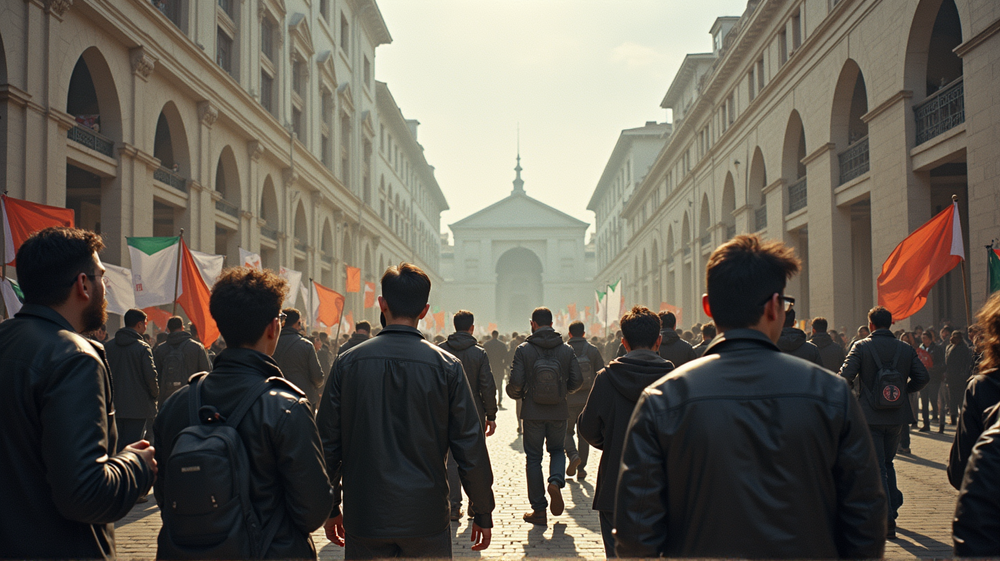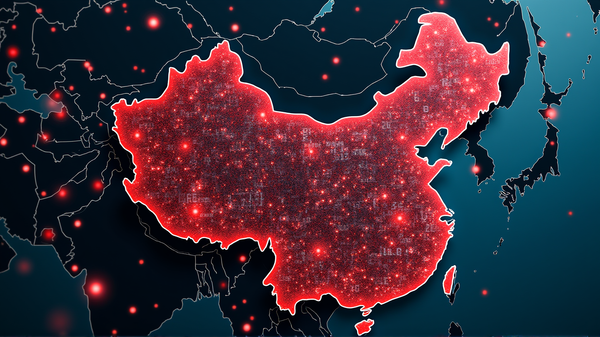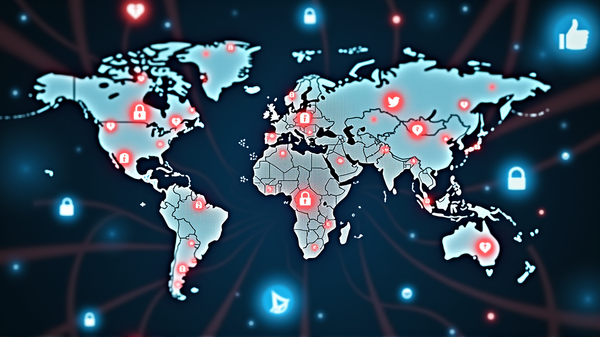UC UPTE's Silence on Palestine: Uncovering Bureaucratic Censorship
A Crucial Moment in Academic Freedom
The University of California Union of Professional and Technical Employees (UC UPTE) finds itself embroiled in a heated controversy that has sparked conversations across campuses. The recent allegations of censorship regarding discussions on Palestine have brought to light a simmering tension between academic freedom and institutional control. What does this mean for free speech within one of the leading educational institutes in the world?
The Battle of Voices
The roots of this controversy can be traced to a series of actions—or inactions—by UC UPTE bureaucrats. Allegedly, they have been suppressing discussions and expressions related to Palestine, especially during union activities and organized strikes. This move has not gone unnoticed, as faculty, students, and staff members voice their concerns over what they perceive as an encroachment on their rights to free expression. According to Indybay, this issue isn’t just about Palestine; it’s about the ability to openly discuss pertinent global issues within an academic setting.
Unpacking the Bureaucratic Stance
Understanding UC UPTE’s rationale is essential in dissecting this issue. The union has often maintained a stance of neutrality or avoidance on politically sensitive matters to prevent internal discord. However, critics argue that such neutrality often borders on complicity, particularly when silence seems to favor one side over another. The tangled web of bureaucracy within UC UPTE has been accused of prioritizing organizational cohesion over individual expression, leaving many questioning the true purpose of union representation.
The Ripple Effect on Campus Life
As the issue gains traction, the ripple effects on campus life are becoming increasingly apparent. Student groups have organized protests, demanding transparency and a commitment to free speech from their educational and union leaders. Faculty members, too, voice their unease, concerned about the precedent this sets for academic discussions.
A sociology professor, who prefers to remain anonymous, stated, “It’s not just about Palestine. It’s about fostering an environment where we can tackle complex global issues without fear.” This resonates with many who feel that censoring discussions not only diminishes educational value but also stifles intellectual growth.
Broader Implications for Academia
This situation raises broader questions about the role of universities as bastions of free speech in a rapidly changing world. As institutions like UC grapple with the balance of power, control, and communication, the outcome of this debate could set a precedent for similar cases worldwide. How do institutions ensure robust and respectful dialogue without succumbing to the pressures of external political influences?
Conclusion: A Call for Reflection
While the silence of UC UPTE on issues like Palestine has sparked outrage, it also offers a vital opportunity for reflection within academic communities. It’s a call to evaluate how discussions on difficult topics can be preserved in a manner that respects diverse views while honoring the principles of free speech. The path forward demands courage, transparency, and an unwavering commitment to fostering environments where all voices can be heard.
As stated in Indybay, addressing this issue might not only restore faith in the institutional processes at UC but could also pave the way for more open and inclusive dialogue globally.




